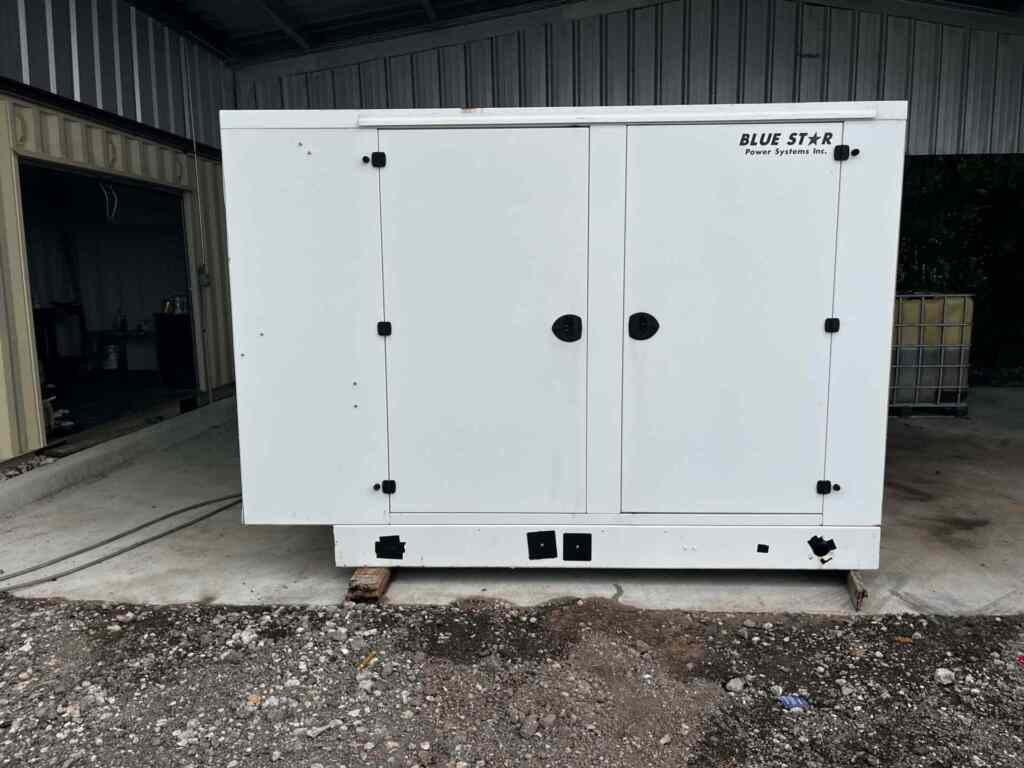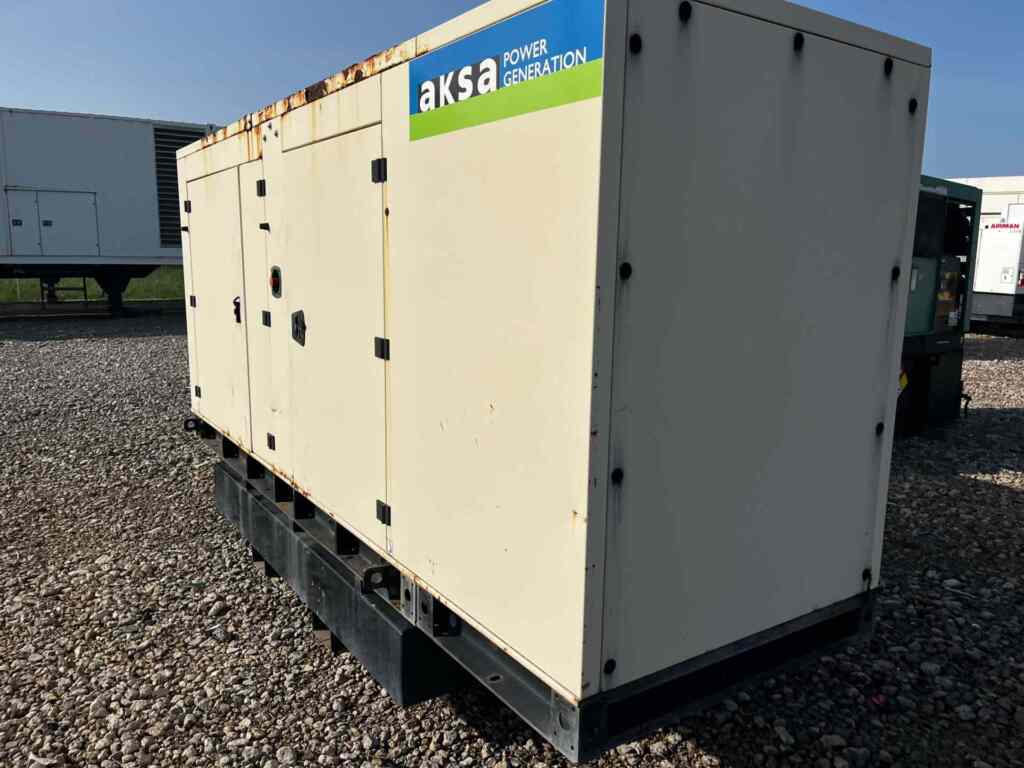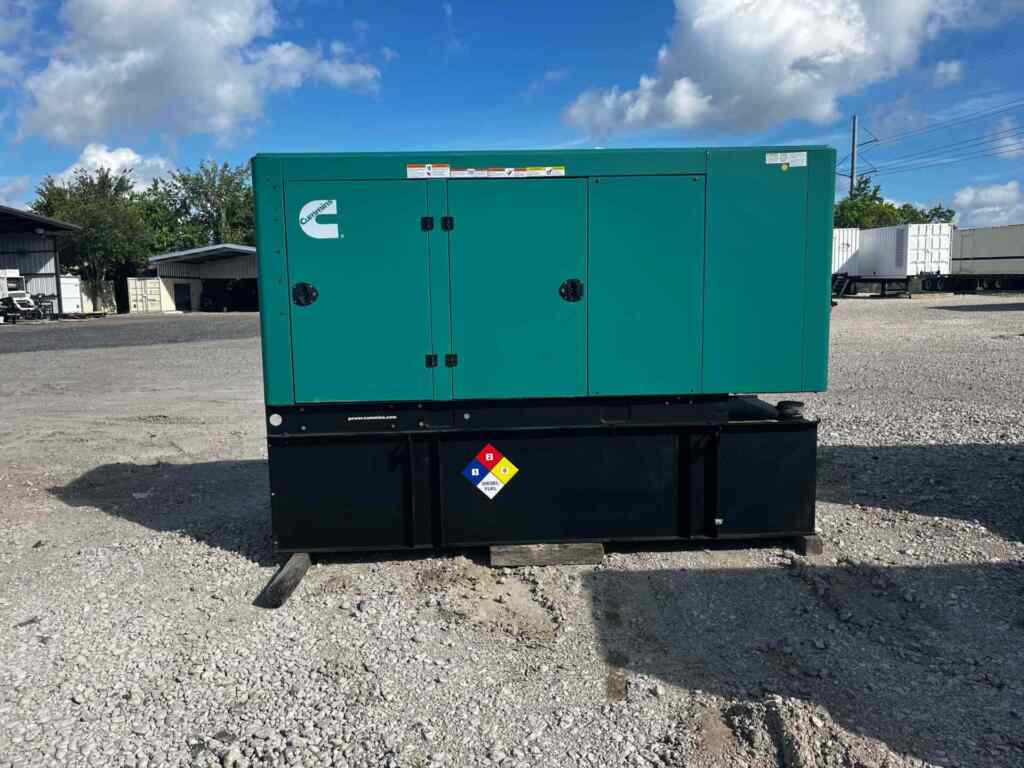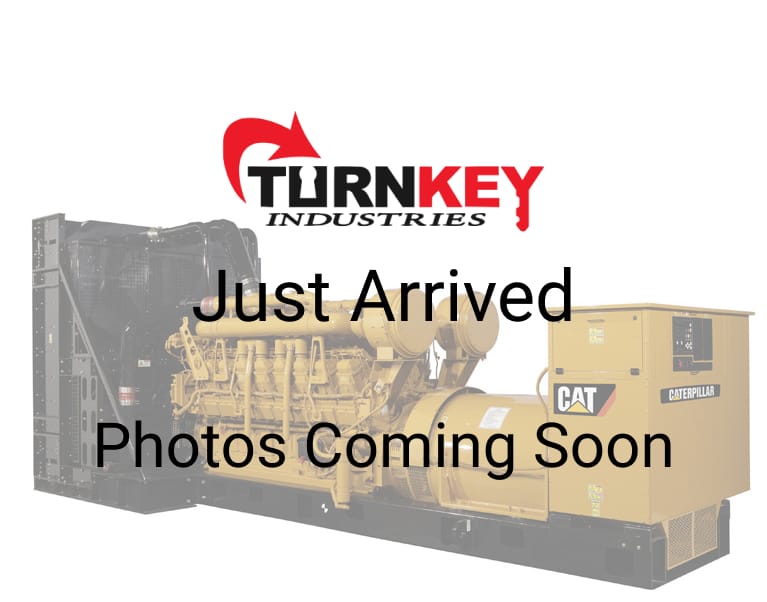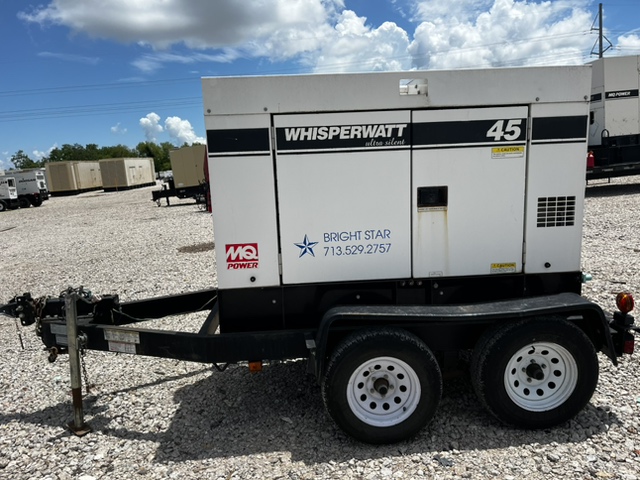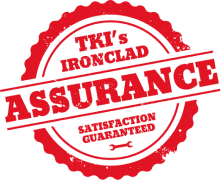Industrial generators are critical to ensure the smooth operation of many industries, including the manufacturing, health, communication, and agricultural sectors. Diesel-powered industrial generators are the gold standard for these industries, as they are long-lasting and have low maintenance requirements. But even if you are a seasoned generator expert, knowing what to look for in a generator can save you a world of trouble in the long run.
Choosing A Generator That Meets Your Needs
If you are considering installing a generator to supply your facility during a power outage, it’s important to choose the most appropriate industrial generator that meets your power needs. Anybody can go out and buy an industrial generator, but matching up the right generator to the demands of a facility is another story. The bottom line to keep in mind during a generator setup is simple – if the unit cannot meet demand when it is needed, the unit is worthless. Here are the three key factors to keep in mind when you are installing a generator.
- When considering a generator setup for your facility, it is important to understand that there are multiple generator sizes to choose from. Industrial units often serve the needs of offices, data centers that need uninterrupted power supply, and industrial or factory settings. When sizing a generator, you need to take into consideration what needs power when the grid is down. To do this, you need to consider peak power consumption as well as the amperage of your local power supply. If you need power backup only for the most essential loads, you will need to have a qualified technician separate the emergency circuits from the mains to create a new emergency load panel. Alternatively, you can contact a reliable generator supply company to help determine what type of generator is best for your business and to handle the installation process.
- Second, consider which fuel type you want to use. Gasoline-driven generators are common, but they don’t necessarily work in every environment. For example, in very cold environments diesel generators are a better choice, because the fuel is not nearly as susceptible to freezing. Getting a fuel supply to your location can be an issue, too. Some fuel types may be more difficult to obtain locally or under emergency conditions than others. Keep in mind these possibilities before you purchase a generator.
- And finally, consider your budget. The initial purchase price of a generator can be hefty, but so can the ensuing maintenance and fuel costs. While diesel generators are typically expensive, their maintenance requirements are low. On the other hand, gas-powered generators are relatively affordable but require frequent checks, increasing the operation cost. Opting for a used generator is often an affordable alternative, but you need to be aware that they often do not come with warranties and previous owners may not have maintained them properly – meaning your investment may be a dud.
A Guide To Generator Installation
While it’s important to know what to look for in a generator before you invest in one, it’s also important to understand the costs and requirements of installing a generator.
- Location of the generator – if you are installing a generator in a manufacturing facility, it should be located in an area away from the main building. This makes it easily accessible for refueling, service, and repair but still keeps it at a safe distance from where people work and goods are stored. Ideally, a generator should be placed close to the fuel supply. If outside, make sure the area where you place your generator is not prone to flooding and can be relatively sheltered from bad weather. Indoor installations should be located in a space with adequate ventilation and must conform to all local compliance regulations.
- Transfer switch – most modern generator setups come fitted with an advanced automatic transfer switch to switch your power supply instantaneously to generator mode when there’s a power outage. If needed, you can opt for a manual transfer switch with your system. Industrial generators offer several different transfer switch types. Your generator provider should be able to help you select the one that is right for your facility.
- Installation, maintenance, and service – when buying a commercial generator, choose a company that will offer you a top-notch product along with doorstep delivery, installation, on-site refueling, and the option of an annual service-maintenance contract.
Purchasing a generator set up and installing a generator at your facility is a smart business decision, but it can also be a very expensive decision. To ensure that you have a generator that fits your needs and keeps the lights on when the rest of the world goes dark, consult with a professional generator retailer and installer. Having an experienced technician work with you can help ease your mind and will guarantee that the generator you purchase is the right one for the job.
 Turnkey Industries offers a variety of high-capacity
Turnkey Industries offers a variety of high-capacity 